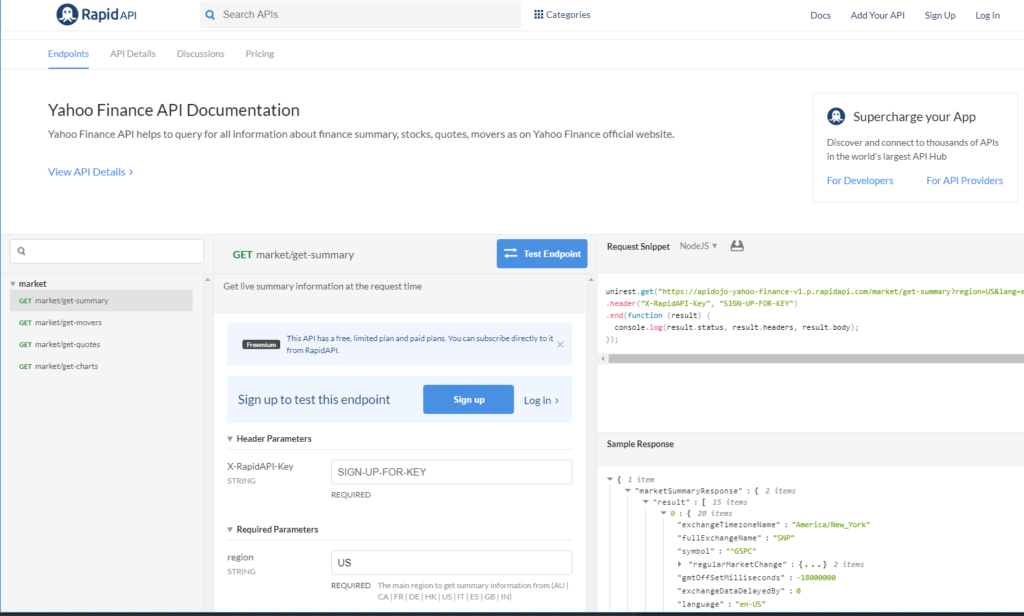Accounting professionals and auditors need to have a keen eye for information and strong issue fixing and analytical abilities. You'll require to understand basic accounting principles, practices, and laws, which is normally gotten through a four-year accounting or associated degree (What is a swap in finance). Though you do not definitely require one to start, your job potential customers will increase enormously if you have or are pursuing an accounting certification. Certified Public Accounting Professional (Certified Public Accountant) is the most popular, however there are a variety of others depending on your specialty. As the name implies, credit experts analyze the credit and monetary data and history of individuals and business to determine the degree of danger associated with providing them cash or extending them credit.
Credit analysts mainly work for banks and charge card business however can also work for home loan, insurance coverage, and financial investment firms. You'll need strong decision-making, critical thinking, analytical, research study, and interaction skills together with a bachelor's degree in financing, accounting, or a related field. Some positions might also need a Chartered Financial Analyst (CFA) credential. Brokers and traders buy and offer securities like stocks, bonds, and other funds and research ahead of these trades. Nevertheless, while traders typically purchase or sell based upon the desires of a supervisor of a portfolio or other mutual fund, brokers are responsible directly to the investors and may work for themselves or a brokerage or securities company.
Both positions require a four-year degree and specific Financial Market Homepage Regulatory Authority (FINRA) licenses to finish trades on behalf of others. Financial expert is a very first financing task title for lots of people going into the market. Depending on where you work, you may supply guidance to organizations and people making investment decisions; evaluate the efficiency of stocks, bonds, and other investments; evaluate current and historical financial information for the company you work for or others; and research possible financial investments. No matter the company, most financial experts are responsible for reporting their findings to others. You're more than likely to be working for big monetary institutions consisting of investment companies and banks in New york city City and other monetary hubs, however you can also work as a corporate financial analyst in other industries.
To get begun, you must have a bachelor's degree in finance or an associated field. Pursuing a related internship will also help you land an entry-level position. In order to advance as a monetary expert to a portfolio or fund https://www.businesswire.com/news/home/20191008005127/en/Wesley-Financial-Group-Relieves-375-Consumers-6.7 management position, you may need a CFA accreditation or other FINRA license and an MBA. Many monetary organizations have two-year monetary analyst programs for new graduates. A few of these programs, like the one at Wells Fargo, are rotational, permitting you to find out about various areas in the monetary industry to assist you choose where you wish to opt for the rest of your career.
Budget plan experts work throughout industries in private business and for government offices and need to have strong analytical and communications skills to discuss decisions to others in a company. Spending plan experts generally require a bachelor's degree in accounting or a comparable field, but some companies will accept experience instead while others are trying to find candidates with an MBA. In order to work in some government budget plan expert positions, you may need a Certified Federal government Financial Supervisor credential from the Partner of Government Accountants. Individual monetary planners and consultants assist people with their monetary goals, consisting of providing education on investments, picking investments on their behalf, handling their portfolios, preparing for long-lasting goals, and monitoring their finances.
The 7-Second Trick For Which Of These Arguments Might Be Used By Someone Who Supports Strict Campaign Finance Laws?

Financial advisors might advise clients when or for a brief time, whereas monetary coordinators typically have long continuing relationships with clients (which means they require strong social skills) and need to be Qualified Financial Planners to use the task title. In addition to analytical skills and financial investment understanding, financial planners should also have an entrepreneurial state of mind, Goodfellow says, considering that even if you're working for another organization, you're often developing a list of customers yourself. Threat specialists work for financial investment banks and firms, mortgage and insurer, and business loan providers, among others. Threat professionals utilize quantitative and qualitative methods to examine the threat to: Existing and potential financial investments (in both domestic and foreign markets) Making capabilities, The success of business, Danger professionals require to have a strong capability to acknowledge potential problems and excellent inductive, deductive, and mathematical thinking abilities.
A degree or focus in international business is likewise handy for danger specialists. Financial examiners ensure compliance with financing laws and guidelines by examining balance sheets, monetary records, and loan paperwork. They usually work for financial institutions and insurer or for the government. Government financial examiners frequently investigate scams or cash laundering at banks and other companies, while those working for personal business make sure the stability and compliance of their own companies. Financial inspectors need strong attention to information and analytical skills and a four-year degree in accounting or another field (though a specific variety of accounting classes is needed for anyone intending to work for the FDIC), and might consider getting a Certified Public Accountant credential to make them a more competitive candidate.
Quants mostly work for financial investment banks and hedge funds, however may likewise be employed by depository banks, trading companies, or fintech business. To end up being a quant, you need to have top-level mathematical and other thinking abilities. A lot of your work will be abstract instead of focused on a specific company or market, and much more time will be invested on a computer screen than engaging with coworkers. The salary for this position is high, but so is the barrier to entry: You'll require a master's degree or preferably a Ph, D in a quantitative field like mathematics, finance, data, or economics and be able to demonstrate a strong computer system ability set, or a master's degree or Ph, D in monetary engineering or computational financing.

They compute the expense of those events and assist design insurance plan and other models. Actuaries mainly work for insurance coverage companies however can likewise be utilized by financial investment companies, federal governments, or banks. Actuaries have a very high wage and the marketplace for these tasks has an extremely high anticipated development rate, Goodfellow states. The BLS approximates that the field will grow 18% from 2019 to 2029. The job is also relatively low tension, especially compared to other tasks of this salary level and in the financing industry. You will require extremely strong mathematics and thinking abilities and a four-year degree in actuarial sciences, finance, accounting, or an associated field.